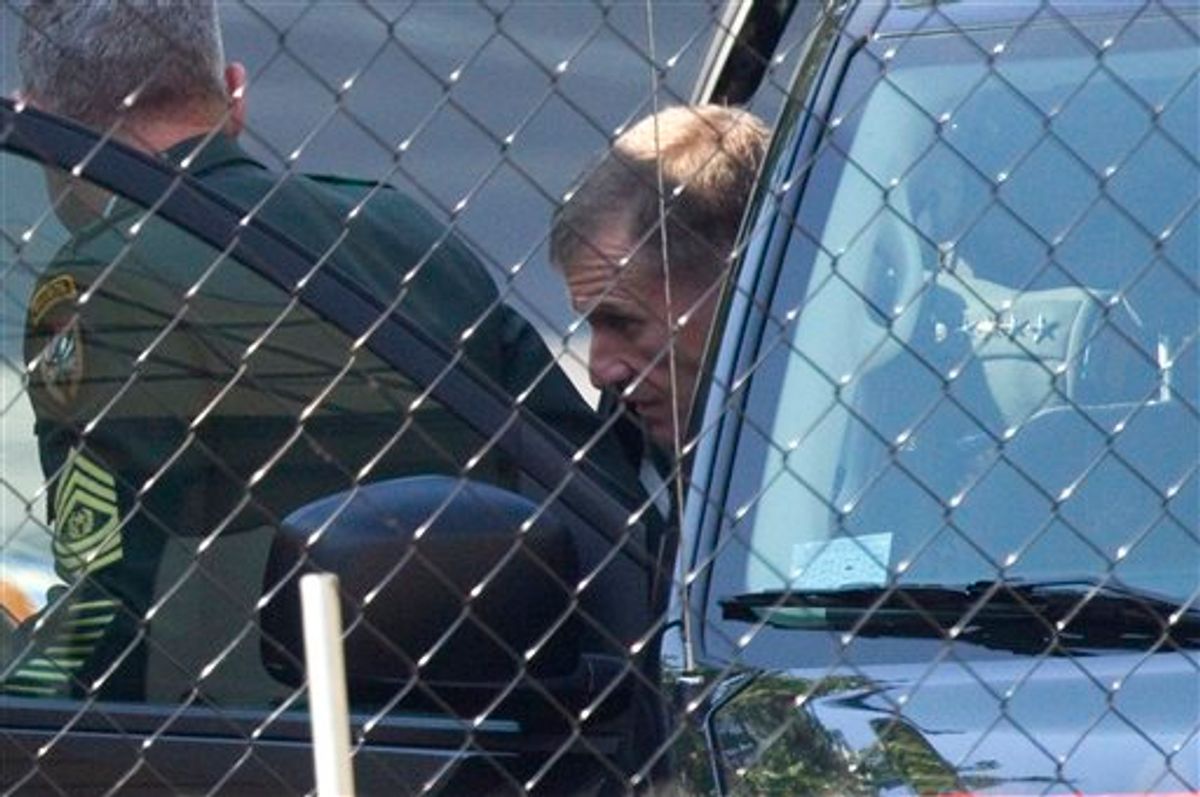On June 23, 2010, a pivotal moment in U.S. military and political dynamics unfolded as President Barack Obama summoned General Stanley McChrystal to the White House. This seemingly innocuous directive stemmed from a tumultuous encounter that had taken place just days earlier, leading to a cascade of ramifications for both the military leadership and the Obama administration. The prelude to this meeting was marked by incendiary remarks made by McChrystal and his aides during a Rolling Stone magazine interview, which undermined the administration’s credibility and led to a precipitating crisis of authority.
The implications of this event were manifold, casting a long shadow over U.S. military strategy in Afghanistan. Readers can expect insight into the nuanced relationship between military commanders and civilian leadership. This incident illuminated the delicate balance of power inherent in the American political landscape, where civilian leadership must often navigate the complex hierarchies of military command. The tensions between McChrystal’s hawkish tendencies and Obama’s more measured approach to warfare offer fertile ground for analysis.
Further exploration of McChrystal’s character and his previous accolades reveals the paradox of a highly esteemed leader suddenly mired in controversy. His reputation as a tactical innovator was grounded in the successful implementation of counterinsurgency strategies in Iraq, yet this adeptness stood in stark contrast to the fallout from his indiscreet remarks. The text engages with psychological dimensions, delineating the potential impact of hubris on leadership performance in high-stakes environments.
One can also delve into the reactions from various political factions and military analysts following the incident. The chorus of responses ranged from staunch support for McChrystal to calls for accountability, thereby highlighting the spectrum of opinion within both civilian and military spheres. This divergence of perspectives serves to encapsulate the broader discourse on military intervention and governance, raising questions about the proper level of critique that a military leader can express without jeopardizing their position and affecting national strategy.
As Obama faced this unprecedented challenge, the aftermath involved not only McChrystal’s eventual resignation but also ramifications that reverberated throughout the U.S. armed forces and the administration. The decision led to General David Petraeus being appointed to take over McChrystal’s role, marking a significant shift in leadership. The transition reflects the intricate interplay of leadership styles—one steeped in both diplomacy and operational leadership.
In conclusion, the meeting between Obama and McChrystal was not merely a confrontation—it was a catalyst that propelled discussions surrounding civil-military relations and operational transparency, highlighting the essential need for cohesion between political directives and military execution. This multifaceted narrative invites readers not only to reflect on the intricacies of leadership but also to ponder the enduring impact of such high-profile incidents on national security and foreign policy strategy.
